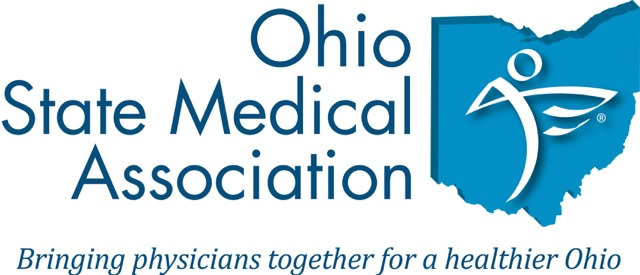Complete Story
08/21/2024
Federal District Court Blocks FTC Non-Compete Ban
The Federal Trade Commission’s (FTC’s) recently finalized rule banning non-compete agreements across the country will not be going into effect on September 4, as a Texas Federal District Court Judge has struck down the rule.
As we previously reported, the FTC issued a rule this spring that prohibits all non-compete agreements between nearly every employee/employer in for-profit corporations, including physician employment agreements. It would apply to any for-profit entity, voiding any existing non-compete agreements (with minor exceptions) and all non-competes going forward. It would not, however, likely apply to non-profit entities as the FTC’s jurisdiction as prescribed by Congress only applies to for-profit entities. This would likely exempt non-profit health systems/hospitals from the prohibition. Thus, the rule would have varying effects on physicians depending on their relationship with their practices. Physicians employed at health systems, physicians employed by health systems in leadership roles, physician owner/practitioners of private practices, or physicians working in practices owned by private equity—all would be impacted differently by this rule. For this reason, OSMA and AMA have both petitioned the FTC for further discussions to create a specific, workable solution tailored to restrictive covenants in medicine.
For now, the status quo remains. The court found that the rule was far broader than the authority established by Congress for the FTC. While the FTC may have the authority to evaluate the validity of non-competes on a specific case-by-case basis, the court explained, the agency’s statutory authority did not grant the FTC such broad power as contained in the rule. The court ordered that the rule be set aside in its entirety and on a nationwide basis. Thus, the rule will not go into effect on September 4.
This case is likely to see an appeal to the 5th Circuit Court. There are other federal cases across the country that have also weighed in on the rule, with contrasting outcomes. A Pennsylvania district court recently declined to enjoin the rule for similar arguments in the Texas case, siding with the authority of the FTC to issue such a ban. Another court in Florida blocked the law, but only as to the plaintiffs in the case (much like the Texas court did initially). This split could lead to the US Supreme Court ultimately reviewing this rule.
Should you have any questions, please email Sean McCullough.
